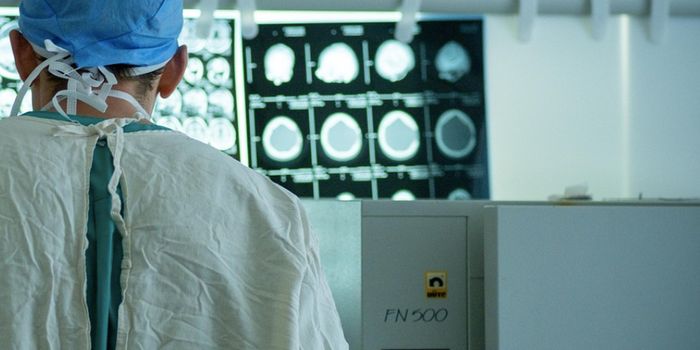Reliable and readily available diagnostic testing capacities are absolutely critical for countries battling the pandemic. For now, most COVID diagnostics rely on routine assays that use the polymerase chain reaction, or PCR, for detecting SARS-CoV-2 viral particles present in nose or throat swabs.
“PCR-based tests are probably the most widely used and are considered the “gold standard’” in terms of sensitivity and specificity,” commented Chaz Langelier, associate medical director at UCSF.
This logistics around performing this type of test, however, means that it will cave under the intense demand for testing. PCR-based COVID diagnostics need to be performed by trained technicians in specialized clinical diagnostic facilities. Given that COVID cases, particularly in the U.S., are at an all-time high, alternatives are quickly gaining traction. These take the form of low-cost, at-home tests that provide rapid and accurate results, streamlining contact tracing procedures to effectively minimize community transmissions.
A promising novel technology created by innovators in Singapore could fill the gaps left by traditional PCR tests. Start-up company Breathonix has created a device that detects COVID infection by analyzing specific markers in patients' exhaled breath. Pilot validation studies have produced exciting results: the test was found to be over 90 percent accurate when tested in a cohort of almost 200 patients.
Using the Breathonix device is simple — individuals blow into a disposable mouthpiece that is connected to the device which picks up any volatile organic compounds (VOCs) present in the breath using mass spectrometry and an analytical software powered by machine learning technology. The whole process takes just 60 seconds.
"VOCs are consistently produced by various biochemical reactions in human cells. Different diseases cause specific changes to the compounds, resulting in detectable changes in a person’s breath profile. As such, VOCs can be measured as markers for diseases like COVID-19,” explained Jia Zhunan, co-founder and CEO of Breathonix.
“Our breath test is easy to administer, and it does not require specially-trained staff or laboratory processing. Results are generated in real-time, making it an attractive solution for mass screening, especially in areas with high human traffic. We believe our breath analysis platform shows promise in changing the tides of this pandemic,” said Jia.
The emergence of more at-home testing devices is a powerful boost to efforts to control the pandemic. The recent U.S. FDA approval of a similar do-it-yourself diagnostic kit indicates that it’s only a matter of time before tests make the move from the lab and into our homes.
Sources: Technology Networks, NUS News.









